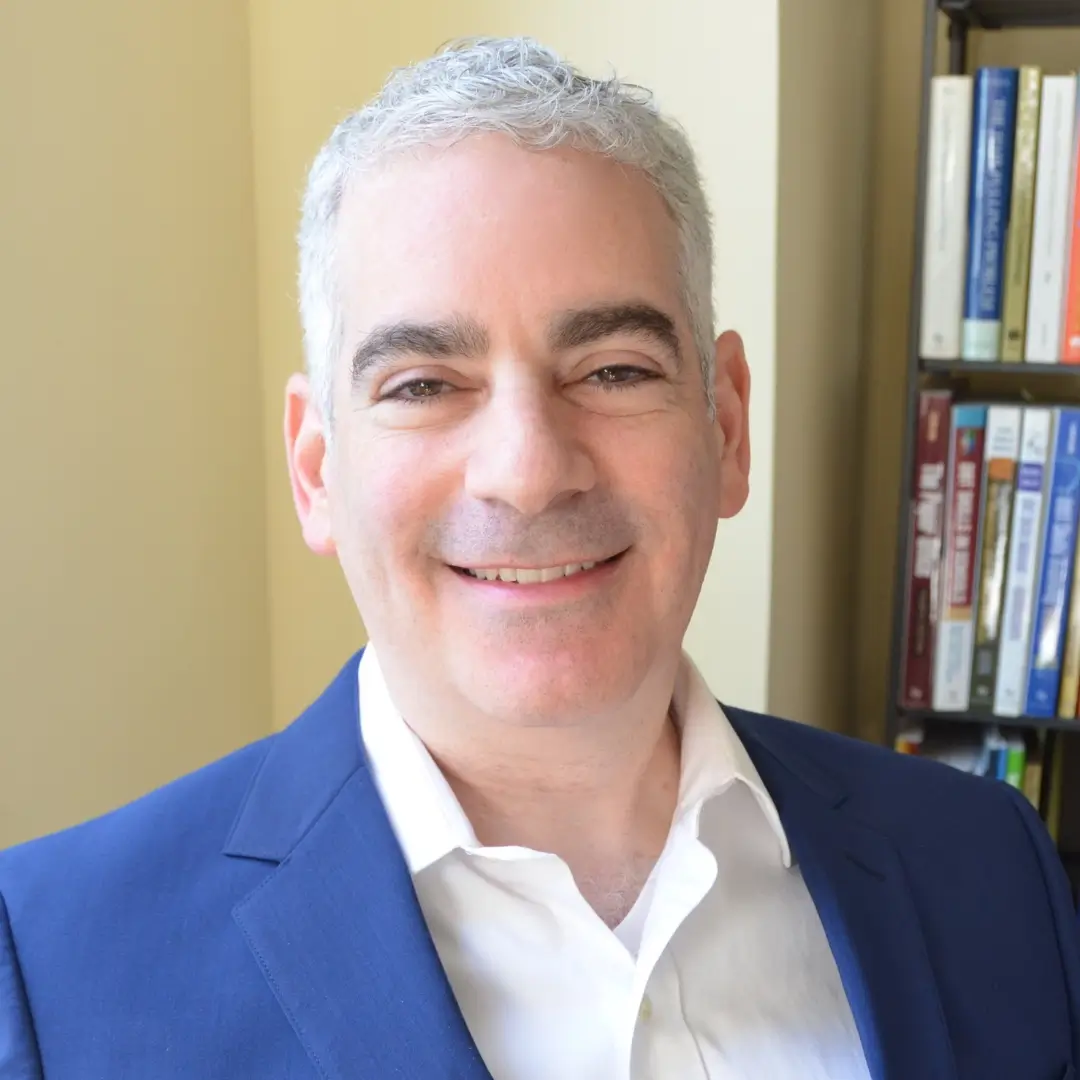This article is for people who are experienced in mindfulness meditation. If you struggle with self-criticism during your meditation, keep reading to learn about how your meditation can lead to greater self-compassion.
If you practice mindfulness meditation, you know it can be hard work. You work to refocus your attention. You work to sit in what can be an uncomfortable position for longer than your knees or back would like. Cultivating mindfulness isn’t easy!
Perhaps because of this, it is tempting to fall into habits of self-criticism when we meditate. One frequent way this happens is when we notice how distracted our minds are, and think, Focus, dammit! What’s wrong with me? I’m terrible at this. Sound familiar?
RELATED: What Exactly Is Mindfulness?
At those moments of self-criticism during mindfulness meditation, remember to be kind to yourself. No one ever self-criticized their way to enlightenment. In fact, no one has ever self-criticized their way into even a few minutes of tranquility. Rather than trying to be the first person to do so, remember to let go of the meanness, the muscle tension, and the impatience as completely as you can, and refocus your attention on your breathing.

Self-Criticism Has an Effect
Practicing mindfulness can help reduce self-criticism in a few ways. For one, when you practice coming back to the present moment, you extricate your attention from self-critical thoughts. Secondly, in meditation, you practice taking a nonjudgmental stance toward your thoughts and experience. Both of these help you to be kinder to yourself, but the nonjudgmental stance does so in particular.
No one ever self-criticized their way to enlightenment.
Practicing Non-Judgment
As we get familiar with our minds through regular meditation practice, we become increasingly aware of our mental tendencies. Practicing non-judgment in meditation reveals what Jon Kabat-Zinn calls “a steady stream of judging” that becomes apparent during our practice (see video below). This judging tendency has been there all along, usually outside our awareness. Seeing it in meditation can be a liberating kind of experience — and an important one. Being truly kind to ourselves is only fully possible once we develop some distance from our judging tendencies.
In mindfulness meditation, we work on what Kabat-Zinn calls “the cultivation of being gently nonjudgmental.” We see how reflexively we judge our thoughts, our experiences, and other people. Eventually, we see how we judge ourselves too. The more we meditate the more we are able to gain some distance from this tendency. Being kind to yourself will further help you hone your ability to practice non-judgment on the meditation cushion.
Mindfulness Meditation Helps You Be Kind to Yourself in the Rest of Life
When you get down to it, meditation is just practice for the non-meditating parts of our lives (that is, the other 99% of life). The more you’re able to be gentle with yourself when you meditate, the more it will carry over into life outside of meditation. This is especially helpful for those of us with an overactive inner critic.
Being self-critical when not meditating is one of the main ways in which people inadvertently lay the groundwork for their own suffering. Whether that suffering takes the form of depression, anxiety, or by closing your mind to some of life’s possibilities, it holds you back. If you can remember to use mindfulness as a tool to let go of self-critical thinking, you’ll benefit from it whether you’re meditating or not!
Paul Greene, Ph.D. is a certified meditation instructor, and has been practicing meditation since 1993. He is also trained in mindfulness-based stress reduction (MBSR).
Subscribe to the Manhattan Center for Cognitive-Behavioral Therapy blog!









